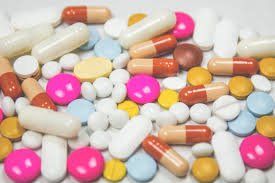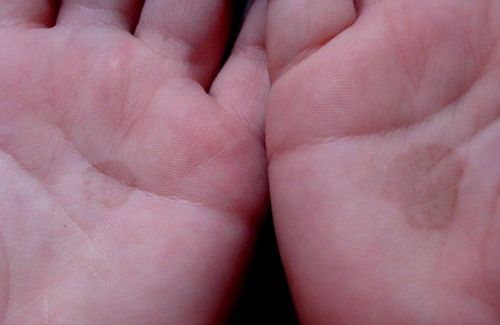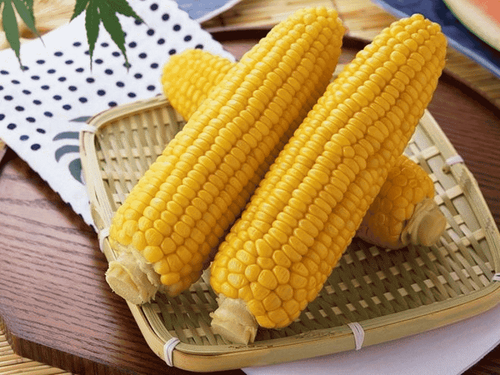This is an automatically translated article.
This article is advised by Master, Doctor Nguyen Thi Nhat - Infectious Diseases - Department of Medical Examination & Internal Medicine - Vinmec Hai Phong International General Hospital.It used to be that exposure to different types of germs could keep us from developing diseases like asthma, allergies, and other diseases that affect the immune system. But some diseases that were unknown in the 18th century and before are becoming common. Therefore, we need to be more clean to avoid them. Because bacteria and germs are everywhere in our lives.
1. Pets
Pets and children are natural best friends. But they can pass bacteria, viruses, and parasites on to babies through their waste, saliva, or skin flakes. Pet toys and bowls can be sources of bacterial infections including salmonella and E. coli. Children should always wash their hands after touching pets or pet toys, dishes or food and avoid kissing pets
2. Toothbrush holder
The toothbrush holder is one of those bacteria-filled spots. If it's placed near the toilet, it's even worse. To clean, be sure to clean the toothbrush holder with the dishwasher's high-temperature cycle, or wash it weekly in hot water and clean with a disinfecting wipe.3. Courtyard
Bacteria in dirt can be good for children. But beware of some dangers. Don't let them play in the yard with animal feces. Make sure your child is fully vaccinated with the DTaP and Tdap booster vaccines so that any cut or scrape cannot pass tetanus to the child.4. Refrigerator
Opened condiments, leaky packages of meat, spoiled milk, etc... a lot of nasty stuff in the fridge. They can contain Salmonella , campylobacter and norovirus bacteria and cause stomach upset and diarrhea. To keep things safe, store food properly and wash and disinfect refrigerator walls and shelves regularly.5. Animals
Zoos, educational farms and school exhibits where kids can get up close and personal with animals are great places for kids to learn. They are also ideal spots for bacteria to spread. Young children are especially at risk. Do not let children bring food, drinks, bottles, pacifiers or toys into the animal area. Make sure your kids wash their hands after touching animals.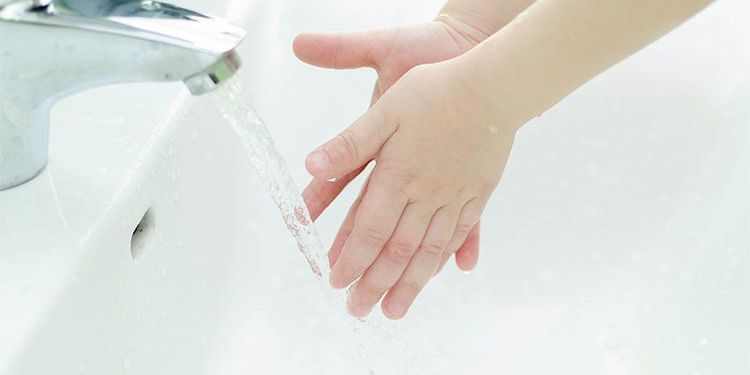
6. Floors
With food spills, grease, and human-pet traffic, the kitchen floor can be an unsafe place to play. But other floors can also get dirty. Carpets and hard floors are home to dust mites, mold, food particles, outside dirt, and even insects. These can trigger allergies and asthma attacks. The fungus that causes athlete's foot and ringworm can also lurk in the ground.7. Standing water
A pool of standing water is a fascinating place to play, whether it's a pond, a bucket of rainwater under a leaky roof, or a puddle in a tire after a storm. It is also a breeding ground for mold, bacteria, and insects like mosquitoes, which can transmit viruses and other diseases.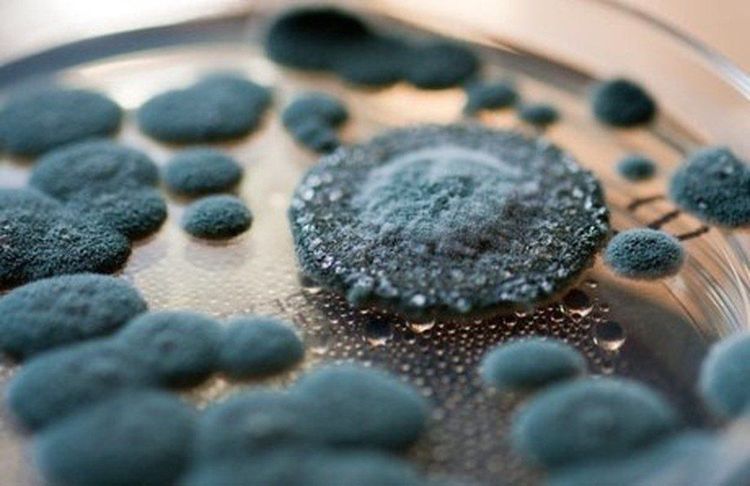
8. Germs at School
One study found more germs on classroom fountains than on toilet seats. Plastic coffee trays are also a breeding ground for bacteria. But the researchers also say using hand sanitizer and disinfecting the desktop every day helps children avoid bacteria attack.9. In the hanging room
Children attending kindergartens are the most common carriers of head lice, often through direct contact. It's less common, but children can also spread lice by sharing hats, combs, brushes, or clothes. As a precaution, some schools designate coat hooks and blocks and let children store hats in a shirt pocket or sleeve.10. Sports venues and gyms
Schools and day care centers, especially those with sports or playground equipment and facilities, are hotspots for the spread of bacteria such as MRSA (methicillin-resistant Staphylococcus aureus).Staph bacteria enter the body through cuts and open wounds. Sharing towels and playing contact sports like wrestling are easy ways for bacteria to spread.
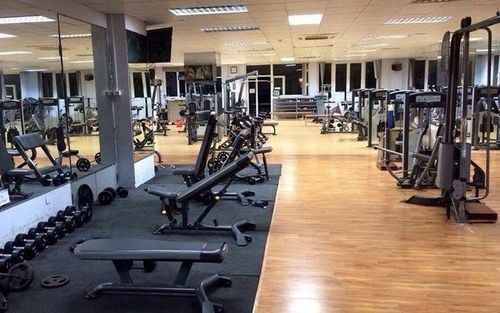
11. Sandbox
Sandboxes at the park don't just contain sand. A 2010 study found sandboxes have the highest levels of bacteria in the playground at 7,440 per inch. The bacteria come from animals (like cats and raccoons) as well as human saliva, hands, food, and diapers.12. Shopping mall
It's no surprise that all sorts of germs await children at indoor centers, especially during cold and flu season. Studies show that escalator rails, elevator buttons, video game controllers, and ATMs are hotspots for germs because they aren't cleaned regularly. Public toilet sinks and faucets also carry pathogens. Remember to wash your hands daily which can help get rid of germs.
13. How to avoid it
From nose picking and wiping to nail biting, everything makes children vulnerable to and spreads germs, and most kids don't wash their hands often. However, hand washing is the first line of defense against colds, flu, and other infectious diseases.Encourage hand washing before handling food and after using the bathroom, sneezing, coughing or blowing your nose. Teach your child to use warm water and clean with soap. Rub for about 20 seconds, rubbing between your fingers, under your fingernails, and on the back of your hand.
Hand sanitizers with at least 60% alcohol are a good option, but they don't remove dirt and can make your child sick if they swallow them. To be on the safe side, you should use soap and water when washing. Cleaning countertops, floors, and other surfaces with soap and water can reduce dirt and germs. But disinfecting those surfaces with bleach or hydrogen peroxide solutions can destroy germs. Most disinfectants work best when they can stay on the surface for at least a minute. Rinse the surface after and let it dry naturally.
Even if you don't worry about germs, there are some important things to focus on to keep your family healthy and happy with some basics.
Use separate cutting boards and utensils for cooked foods and for raw meat, poultry and seafood. Wash countertops, utensils and cutting boards in hot soapy water. Use a food thermometer. Cook whole meat to 145 F, ground meat to 160 F, and chicken and turkey to 165 F. Do not let food sit longer than 2 hours. Disinfect kitchen counters before and after preparing food. Use paper towels or disinfecting wipes. Regularly disinfect bathroom surfaces, especially if someone in the house is sick. Wash your hands often, including before and after preparing food, after using the bathroom or handling diapers, after handling pets, and whenever they look dirty.
Please dial HOTLINE for more information or register for an appointment HERE. Download MyVinmec app to make appointments faster and to manage your bookings easily.
Article reference source: webmd.com




